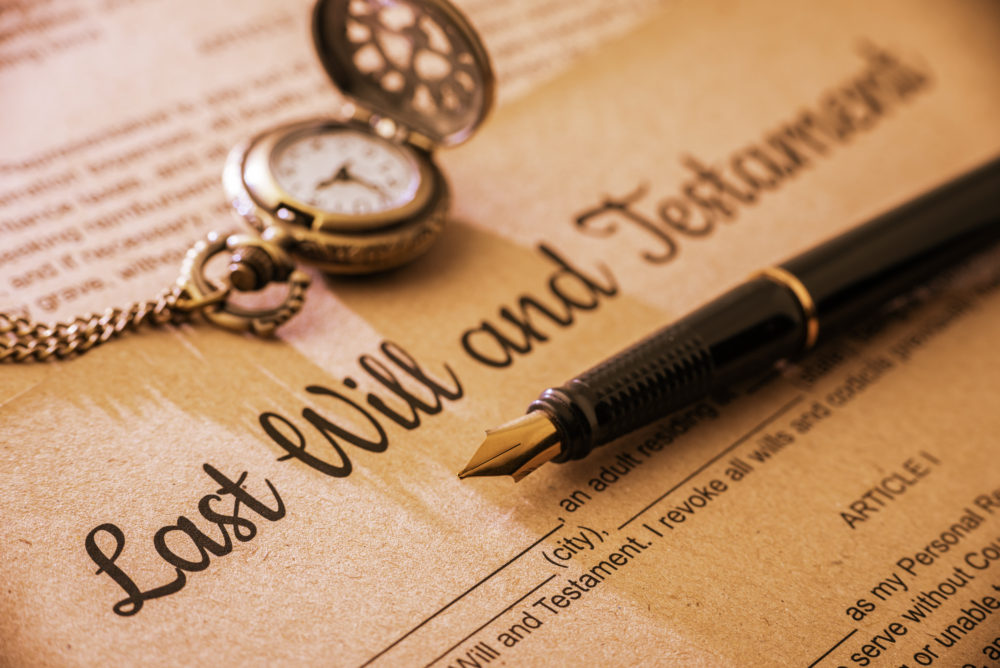I’ve been appointed as Executor of a Will – What do I do?
Being appointed as an executor in a Will means that the deceased has shown implicit faith in you to finalise their affairs. It is by no means an easy task or one to take lightly. Instructing a Wills and Estates Lawyer who is experienced in this area will make your role much easier and likely save the estate unnecessary costs and possibly tax in the long run.

Being appointed as an executor in a Will means that the deceased has shown implicit faith in you to finalise their affairs. It is by no means an easy task or one to take lightly. Instructing a Wills and Estates Lawyer who is experienced in this area will make your role much easier and likely save the estate unnecessary costs and possibly tax in the long run.
In your role as executor, you will be responsible for carrying out the deceased’s final wishes and distributing their estate according to the law and their final Will.
Some of your responsibilities as executor may include:
- Determining what the deceased owned and what debts they had;
- Protecting and maximising the assets by insuring and securing them;
- Notifying the relevant Government departments;
- Obtaining Probate form the Supreme Court;
- Arranging the sale and transfer of assets as required;
- Arranging tax returns (in some cases) and fulfilling the deceased’s tax obligations;
- Cancelling various memberships and subscriptions; and
- Liaising with asset holders and third parties (ie banks and share registries).
In the long list of responsibilities, it can be difficult to know where to begin! These next four steps will help guide you through this difficult process.
- Locate the Original Will
The best place to start is by locating the original Will and other important documents relating to the deceased’s assets and liabilities. This can include bank statements, Certificates of Title to land and shares.
It is important that you do not remove any staple or corner from the original Will to photocopy it, write on it or attach any fastening device to it (such as paperclips or bulldog clips).
- Determine the assets and liabilities
You will need to find the details of what the deceased owned and owed to determine whether a Grant of Probate is needed. A good place to start is finding information of the ownership and value of:
- Bank accounts
- Nursing home bond
- Real estate
- Superannuation
- Shares or investments
- Motor vehicles
- Personal effects
- Mortgage
- Credit card debts
- Determine whether a Grant of Probate is needed
Your next task is to ascertain, from the nature and value of the assets, whether you will need to apply for Probate, or whether the estate can be administered informally (without Probate).
Assets which are held jointly with another person are automatically passed to the surviving owner through survivorship. These assets will not form part of the deceased’s estate. If an informal administration is possible you can proceed with your duties by calling in the estate assets and distributing them according to the Will.
A formal administration will generally be required if the deceased held real property in their sole name, has a refundable nursing home bond, superannuation payable to the estate or bank accounts or shares exceeding $10,000.00.
- Apply for Probate
With regard to a formal administration the word “Probate” represents the process of submitting the Will to the Supreme Court to assess its validity and confirming the identity of the Executor. The Probate process gives third parties and asset holders the security of knowing that, when transferring the deceased’s assets, they are going to the correct Executors, and will subsequently be distributed to the correct beneficiaries named in the Will.
An experienced Wills and Estates Lawyer can help you determine whether a Grant of Probate is required, and help you meet your legal requirements in applying for Probate and administering the deceased estate.